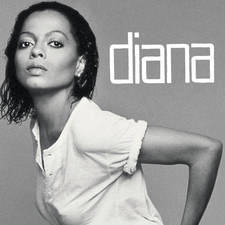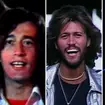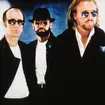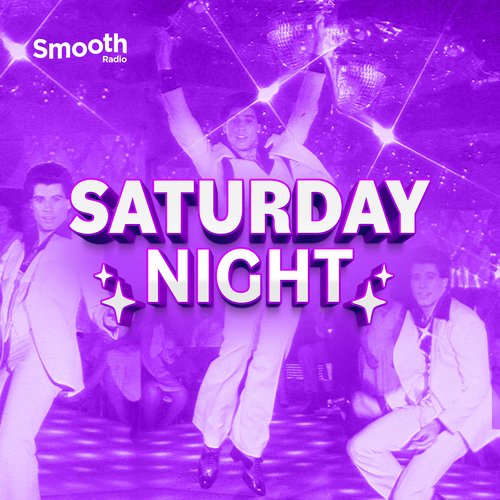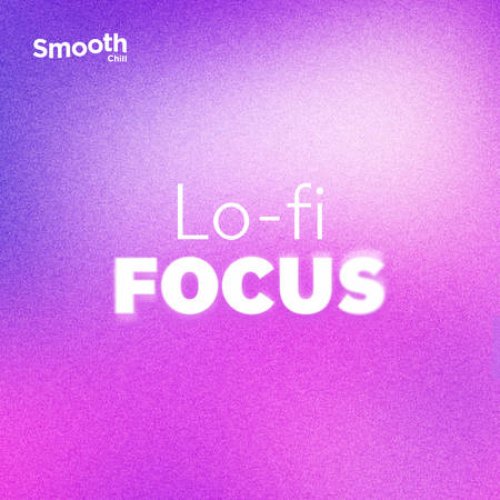Maurice Gibb facts: Bee Gees singer's wife, children, career and death explained
12 June 2024, 16:47
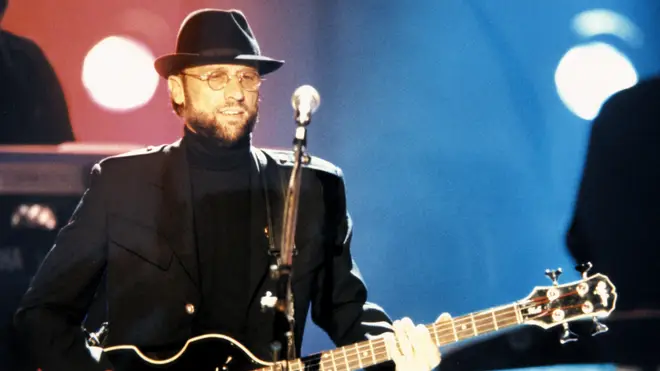
Maurice Gibb was one-third of one of the greatest and most successful pop bands ever, the Bee Gees, alongside his brothers Barry and Robin Gibb, singing such hits as 'How Deep Is Your Love', 'Tragedy' and 'Night Fever'.
From his decades of success as a writer for artists such as Barbra Streisand and Dolly Parton, to his years of performing and producing hit records with brothers Barry and Robin in the Bee Gees, Maurice Gibb was a true icon of pop music.
- Maurice Gibb's daughter Samantha sings haunting cover of Bee Gees' 'Stayin' Alive' and it's incredible
- The story of Maurice Gibb’s whirlwind marriage to Lulu
But who was his wife and where was he born? Here's all the important facts about the legendary artist.
-
Who was Maurice Gibb?
Maurice Gibb was an English singer, songwriter and producer, best known for being in the Bee Gees with older brother Barry and twin brother Robin.
He also had a solo career, but never released an album on his own. He recorded one unreleased solo album - The Loner - recorded in 1969 and 1970.
The Bee Gees have sold over 200 million records worldwide, becoming one of the most successful pop groups of all time.
While his brothers Barry Gibb and twin brother Robin Gibb were the group's main lead singers, most of their albums had at least one or two songs featuring Maurice's lead vocals, such as 'Lay It on Me', 'Country Woman' and 'On Time'.
-
Where was Maurice Gibb born?
Maurice Gibb was born on December 22, 1949 in Jane Crookall Maternity Home in Douglas, Isle of Man.
His parents were Barbara Gibb and Hugh Gibb. He was the fraternal twin of Robin Gibb and was the younger by 35 minutes.
In 1958, the family emigrated to Australia, with Robin and Maurice aged 9.
-
When did the Bee Gees form?

Barry Gibb emotionally reflects on losing his brothers
In 1955, Barry Gibb formed the skiffle group The Rattlesnakes, with himself on vocals and guitar, Robin and Maurice on vocals and their friends Paul Frost and Kenny Horrocks also singing.
By 1958, when the Gibbs moved home, Frost and Horrocks left the band. The brothers later changed the name to Wee Johnny Hayes and the Blue Cats.
Later that year, the Gibb left the UK for Australia. The band soon changed its name to Bee Gees.
Their talent brought them to the attention of DJ Bill Gates (not that one), and it wasn't long before they secured their first record deal.
-
Maurice Gibb death: When did Maurice Gibb pass away?
Maurice Gibb died suddenly aged just 53, at Mount Sinai Medical Center in Miami Beach, Florida, on January 12, 2003.
His cause of death was due to complications of a twisted intestine, which placed him into cardiac arrest. He was with his wife, children and brothers when he died.
A private funeral was attended by around 200 family and friends, including Michael Jackson, Harry Wayne Casey and ex-wife Lulu.
- Bee Gees: When Barry and Robin Gibb sang moving 'To Love Somebody' for first time after Maurice's death
- Bee Gees: Last known video of Maurice, Robin and Barry Gibb singing together in 2001 is sensational
Barry and Robin Gibb said at the time: "The fact that they had to operate on Maurice during the shock of cardiac arrest is questionable.
"None of the sequence of events have yet made sense to us."
Robin Gibb later spoke to Mojo about Maurice's death: "We were kids together, and teenagers. We spent the whole of our lives with each other because of our music. I can't accept that he's dead. I just imagine he's alive somewhere else."
-
Who was Maurice Gibb's wife and did he have children?
Maurice Gibb and singer Lulu began dating on and off in the 1960s.
The couple met on Top of the Pops in 1968, and then later at the Saville Theatre in London.
They eventually married in February 1969, but divorced in 1973. Their busy careers and his heavy drinking at the time forced them apart.
- Barry Gibb inviting Maurice's daughter on stage for duet of 'How Can You Mend a Broken Heart' is so moving
- Bee Gees: Maurice Gibb's lookalike daughter sings 'You Win Again' as emotional Barry Gibb watches on
However, Lulu and Maurice remained on good terms, and she has since spoken fondly of their relationship.
Maurice married his second wife, Yvonne Spenceley Gibb, in October 1975. They had two children: Adam (born 1976) and Samantha (born 1980).
Their marriage lasted until his death in 2003.
His alcohol problems came to a head in 1991, when he pulled a gun on his wife and children after a month-long binge. They left him and immediately went to brother Barry's house, refusing to return until he had got sober once and for all.
Maurice went to rehab, and eventually returned to his family when he recovered.
He and Yvonne renewed their wedding vows in 1992, with the ceremony attended by their families and many of the friends Maurice made while at rehab. He would stay sober until his death.
